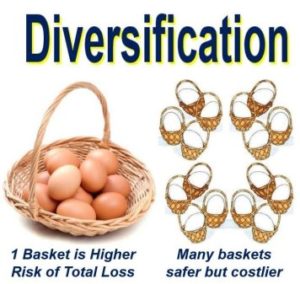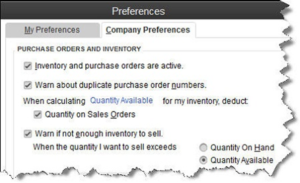NBA Stars Losing Hefty Amounts of Their Salary to the Taxman

Just about everyone knows that professional athletes make a ton of money. Whether you agree with athlete salaries or not, the fact is those hefty numbers you always see reported when an athlete signs a new deal aren’t really all that they’re cut out to be. Oh sure, they are making a lot of money, but they are also paying quite a large tax bill. In some cases, that bill can put a huge dent in their actual earnings.
According to a new report, when determining whom the highest paid NBA player is, it depends on which numbers you use. Kobe Bryant earns more than any other NBA player, coming in with a salary of $23 million this year. However, if you look at his tax bill, which is estimated at $11.4 million, then his actual take home pay is only $12.1 million. That means he is paying close to half of his salary to the taxman.
Several factors played a role in determining these tax numbers, including where a player lives, and where he plays both his home and road games. Road games play a big role in the equation because some cities enforce the so-called “jock-tax” on individuals who come to the area to work. Pro athletes schedules are easy to track, so these cities can easily implement this tax.
There’s no question that NBA players are well compensated for their services, but remember, most players are giving a huge percentage of their income back in taxes, thus reducing how much they actually take home by a large portion. Of course, these tax numbers are an estimate and there are certain measures these players can take to help reduce their tax bill. So they might be able to take more home than estimated.
Likewise, if you need help finding the all of the best ways to save on your tax bill, then contact. GROCO today.
Introducing the “Total Return” Trust
Introducing the “Total Return” Trust The fundamental purpose of most trusts is to create a plan of financial protection for more than one beneficiary, often beneficiaries in different generations. “All the trust income to my surviving spouse, with the balance to be divided among our children at her death” might be used in a marital…
Making Tax-wise Investments
Making Tax-wise Investments Tax considerations are not, and should never be, the be-all and end-all of investment decisions. The choice of assets in which to invest, and the way in which you apportion your portfolio among them, almost certainly will prove to be far more important to your ultimate results than the tax rate that…
Reducing Risk With a Diversified Portfolio
Reducing Risk With a Diversified Portfolio Have you been worried about the stock market’s recent volatility? You’re not alone. The stock market in March was a roller-coaster ride that served as a reminder to investors that the market’s ups and downs can be a little dizzying. But a volatile market should not leave you feeling…
Are You Defining Items in QuickBooks Correctly?
[vc_row][vc_column][vc_column_text] Create item records in QuickBooks carefully, and QuickBooks will return the favor by running useful, accurate reports. Figure 1: Clearly-defined items result in precise reports. Obviously, you’re using QuickBooks because you buy and/or sell products and/or services. You want to know at least weekly — if not daily — what’s selling and what’s…




